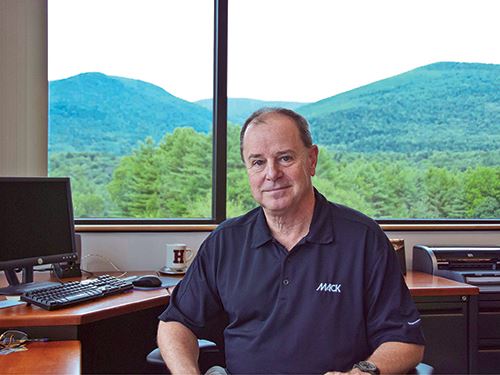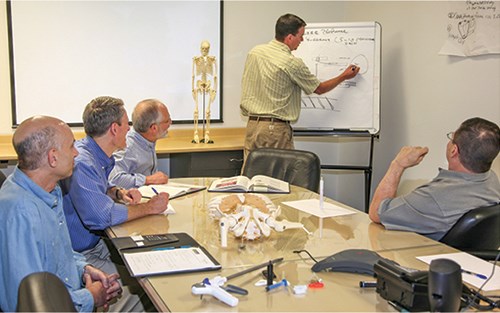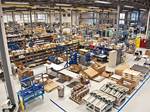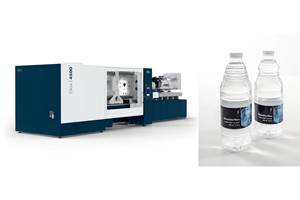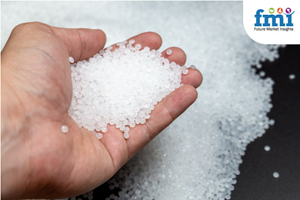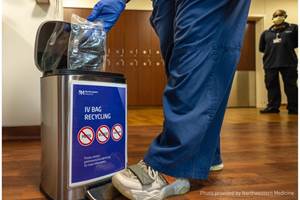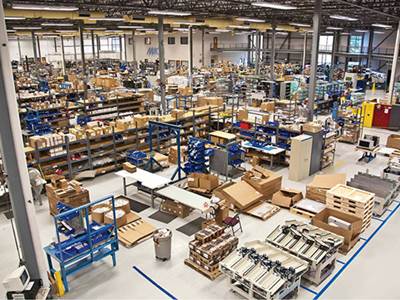Medical Molder Expands into Full-Service Product Development
Processor Strategies: Mack Molding
In July, Mack Molding acquired Synectic Engineering, Inc., Milford, Conn., a company focused 100% on medical product development.
The trend among OE Ms of all types to push product design and development functions farther down the supply chain has forced custom molders to expand their range of skills and services. This is especially challenging to do in the medical field, which requires knowledge and capabilities well beyond the scope of plastics processing. In July, Mack Molding took an unusual step to fill this gap and acquired Synectic Engineering, Inc., Milford, Conn., a company focused 100% on medical product development.
Synectic Engineering employs 18, including mechanical, electrical, biomedical, materials, chemical, and quality engineers, clinicians, and industrial designers. Its facilities include 3D CAD, a model shop, in-vitro tissue lab, and Class 10,000 clean room for pilot manufacturing. The firm will remain in Milford.
Headquartered in Arlington, Vt., Mack is a $300-million plastic molding, metalworking, and contract manufacturing company with 10 locations and 1800 employees in the U.S. and Mexico. Medical is only one of its markets, but by far the largest, accounting for almost half its business. (See Nov. 2012 On-Site article.)
“We’re not just trying to get bigger—we want to get better,” says Jeff Somple, president of Mack’s Northern Operations. In his 25 years at Mack, Somple has seen a consistent problem: “There’s always a rush to get products from the drawing board to market. That means we take on products that are not fully developed, so we are doing concurrent engineering after the product launch. Now we have an opportunity to break that cycle and to eliminate the finger-pointing between those who designed a product and those who manufactured it.
“It’s so important in medical to get it right at the start. Medical development is a validative process, and you can’t change the material, the press, cycle time, process, or secondary operations after you achieve validation. Or it’s very expensive to do so.”
There’s another reason why the Synectic Engineering acquisition makes sense to Somple: “Medical OEMs want to hold fewer suppliers responsible for more. By augmenting Mack’s capabilities with engineering resources skilled in proof-of-concept, pre-clinical R&D, and product development from design to pilot manufacturing, everyone wins.” OEMs now can manage and audit only one full-service supplier, and Mack gains potential entry into a wider range of projects. That, Somple says, is much more important than any direct added revenue from Synectic’s activities.
Mack already owns Mack Prototype in Gardner, Mass., which has rapid prototyping (SLA and FDM), polyurethane molding, and CNC machining capabilities. Those go well beyond the facilities of Synectic Engineering’s model shop. In fact, Mack Prototype has done work for Synectic in the past. Mack also has an Application Development Center in Arlington, staffed with five design, development, and tooling engineers and equipped with another FDM rapid-prototyping machine. But the acquisition brings on board numerous specialized capabilities, such as a tissue lab that can test a mitral-valve repair device in a sheep’s heart or a hernia device in bovine tissue obtained from a local butcher. Or part-time consulting services of clinicians—medical doctors—who can test new devices in a hospital environment.
Says Adam Lehman, president of Synectic Engineering, “We’ll now be able to provide uninterrupted oversight and support for the full life of the program, rather than handing off to a manufacturing partner. The whole process will now be seamless, because Mack will be involved from the start.”
Related Content
Krones Acquires Netstal
Krones adds PET preform injection molding to its bottle blowing and filling capabilities, as well as cap molding and expansion into medical, food and other markets.
Read MorePlastic Compounding Market to Outpace Metal & Alloy Market Growth
Study shows the plastic compounding process is being used to boost electrical properties and UV resistance while custom compounding is increasingly being used to achieve high-performance in plastic-based goods.
Read MoreBaxter to Scale Up PVC Intravenous Bag Recycling Program
Successful pilot program with Northwestern Medicine will expand to additional units and health systems.
Read MoreWhat to Look for in High-Speed Automation for Pipette Production
Automation is a must-have for molders of pipettes. Make sure your supplier provides assurances of throughput and output, manpower utilization, floor space consumption and payback period.
Read MoreRead Next
Mack Puts It All Together
To be “more than a molder”—it’s an ambition held by many top plastics manufacturers.
Read MoreBeyond Prototypes: 8 Ways the Plastics Industry Is Using 3D Printing
Plastics processors are finding applications for 3D printing around the plant and across the supply chain. Here are 8 examples to look for at NPE2024.
Read More

